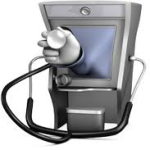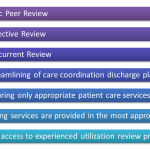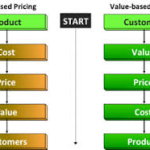
Telemedicine / Telehealth – Current Uses and Reimbursement
What’s better than knowing you can connect a provider with a patient even when that patient lives in the most rural of places? Telemedicine is an innovative and resourceful communication tool that integrates communications with modern day electronics allowing for the provider and patient to be in different locations during scheduled appointments. Products such as real time audio/video, email and smart phones are just some of the products being used in this delivery of services. The term telehealth which also encompasses telemedicine is a broader definition of remote healthcare that can include non clinical usage such as continuing education and training for providers to support healthcare services.









